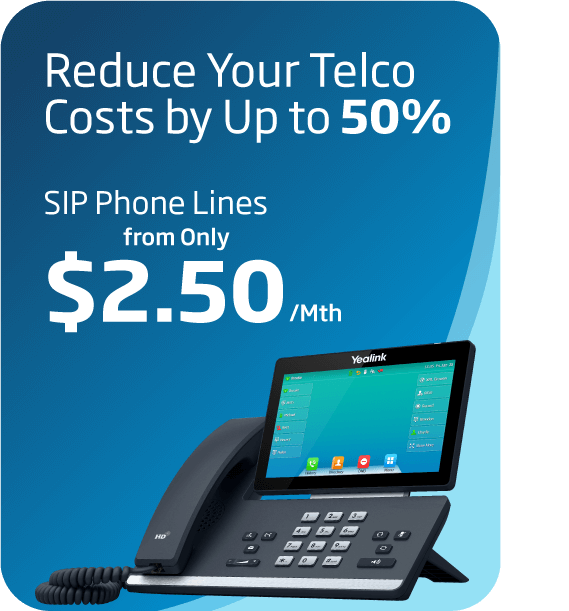Key Differences Between Residential and Business Broadband
Business broadband is often confused with residential services and there are no shortage of super-cheap deals going around. But the fact is there are many differences and more often than not, connecting a residential broadband service for business use may cost you in the long run. Following are some of the key differences between residential and business broadband services.
Static IP Address
Business broadband services come with a Static IP address, necessary for business IT networks and many cloud based services. As opposed to a dynamic IP address which is used for residential broadband services, a static address doesn't change each time you access the broadband service. It's dedicated to your business and can be programmed into any of the business applications you use.
Symmetrical Speeds
Many business applications require higher upload speeds to perform at their best, especially CRM systems and cloud based data store and file sharing platforms. Business broadband services generally come with symmetrical speeds, where the download speed is the same as the upload speed. And if the speeds aren't symmetrical, the upload speed is generally higher than a residential service.
Congestion and Contention Ratio
One of the main reasons why residential broadband services are cheaper is that ISPs (Internet Service Providers) share those services across a number of users, which may be 50 or more. This is called the Contention Ratio and the reason why speeds fluctuate at different times. They depend upon the number of users accessing the service at the same time. Business broadband comes with either 1:1 contention (not shared with any other user) or a low contention ratio of less than 20:1. They're designed to ensure a stable internet connection at all times.
Service Level Agreements
Business broadband connections are usually backed by written SLAs (Service Level Agreements) and have a higher priority than residential services. Being a business service, the SLAs are quite important and ensure that the ISP is fully committed to performance targets. They usually cover installation lead times, service restoration and availability, latency and packet loss. Residential services don’t usually come with SLAs and are very much a best effort service.
Business Technical Support
Business services are usually backed by a 24/7 technical support team that specialise in business connections and understand business requirements. The teams are usually based in Australia and provide immediate support for any technical faults. Residential technical support is generally handled by offshore customer service teams.
Internet access and the broadband connection is integral to running an efficient business. Business broadband is designed to be used for business and delivers maximum performance. It will allow you to take advantage of the latest in cloud based business applications including unified communication services, business VoIP and hosted PBX.
You May Also Like
These Related Stories

What are the Different Types of Business Broadband Services?

Why Business VoIP Is Better Than Traditional Telephone Lines







